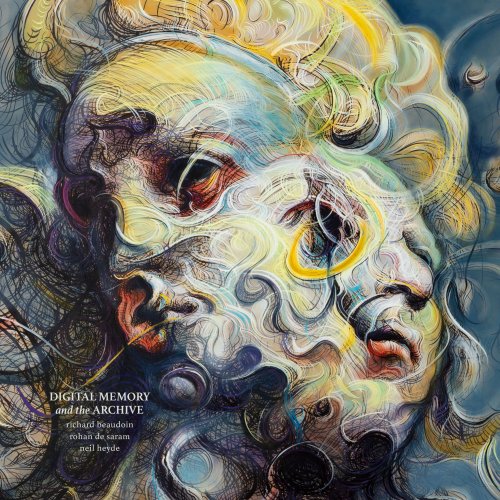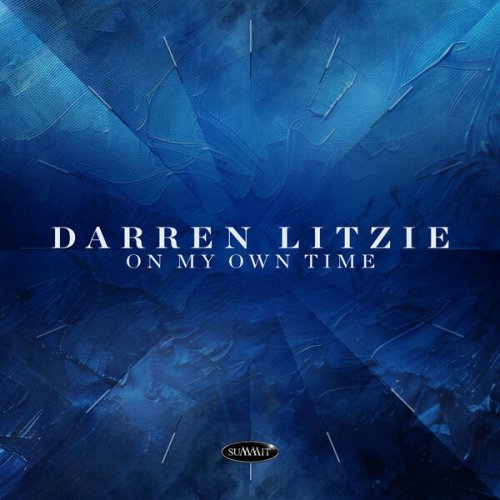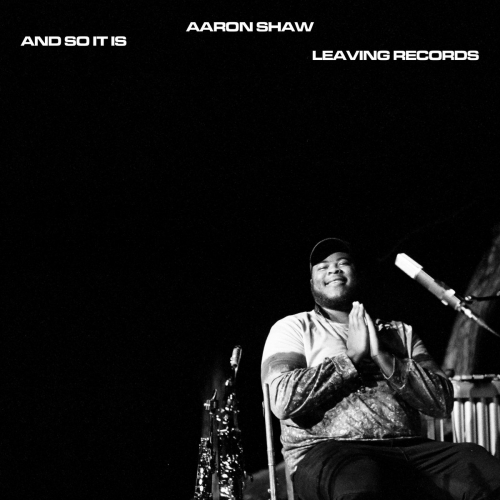Rohan De Saram, Neil Heyde - Richard Beaudoin: Digital Memory and the Archive (2023) [Hi-Res]

Artist: Rohan De Saram, Neil Heyde
Title: Richard Beaudoin: Digital Memory and the Archive
Year Of Release: 2023
Label: New Focus Recording
Genre: Classical
Quality: flac lossless (tracks) / flac 24bits - 192.0kHz +Booklet
Total Time: 00:44:47
Total Size: 190 mb / 1.49 gb
WebSite: Album Preview
TracklistTitle: Richard Beaudoin: Digital Memory and the Archive
Year Of Release: 2023
Label: New Focus Recording
Genre: Classical
Quality: flac lossless (tracks) / flac 24bits - 192.0kHz +Booklet
Total Time: 00:44:47
Total Size: 190 mb / 1.49 gb
WebSite: Album Preview
01. Reproducció (After Casals & Bach)
02. Unikat (After Argerich & Chopin)
03. Bacchante (After Debussy)
04. Nachzeichnen/Tracing (After Gould & Schoenberg)
05. You Know I’m Yours (After Monk)
06. Les deux lauriers (After Teyte, Cortot & Debussy)
07. Trois Chansons de Bilitis, L. 90: No. 2, La chevelure
![Rohan De Saram, Neil Heyde - Richard Beaudoin: Digital Memory and the Archive (2023) [Hi-Res]](https://www.dibpic.com/uploads/posts/2023-02/1675405025_rohan-de-saram-neil-heyde-richard-beaudoin-digital-memory-and-the-archive-2023-back.jpg)
Composer Richard Beaudoin continues his deep investigation into the realm of microtiming with Digital Memory and the Archive, the follow-up to his 2012 New Focus double-album Microtimings. On this new disc, which features a cycle of works for one and two cellos composed for Neil Heyde and longtime Arditti Quartet cellist Rohan de Saram, Beaudoin engages in an inquiry about the intrinsic nature of subtle expressive differences, building a rich approach to composition which embeds timings from iconic performances into the fabric of his music.
RIchard Beaudoin continues his in depth investigation into the relationship between the subtleties of timing in performance and expression with Digital Memory and the Archive, his second release on New Focus (a follow up to FCR125 Microtimings). Featuring performances by cellists Neil Heyde and Rohan de Saram, Beaudoin creates works that use precise timings and information from iconic recordings as a source of skeletal information around which to construct new compositions. Beaudoin’s work raises fascinating questions about the nature of interpretation, facsimile, and dialogue with past luminaries. As Neil Heyde elegantly writes of the towering artists on whose performances Beaudoin has based these works, “In these pieces they are hardly ghosts at all, but real presences.” In communing with the essential fabric of recordings that have touched so many, Beaudoin brings these great artists with him in the journey of creating new work, keeping their artistry alive.
The album opens with Reproducció, perhaps the most direct resurrection of a legendary recording in the collection. Beaudoin analyzed the timings in Pablo Casals’ recording of the Sarabande from Bach’s D minor Cello Suite BWV1008. The score reflects not just the pitches of the famous movement, but the precise proportional durations of Casals’ rubato. Beaudoin’s approach illuminates the layers of notational specificity – while Bach’s original notation is precise in so many ways, it is also extremely flexible in others. What might it mean to not simply play Bach’s Sarabande, but to play Casals’ performance of Bach’s Sarabande? This is the question at the core of Reproducció.
![Abraham Réunion - Jaden an nou (2026) [Hi-Res] Abraham Réunion - Jaden an nou (2026) [Hi-Res]](https://www.dibpic.com/uploads/posts/2026-02/1770745777_folder.jpg)
![Charles Owens Trio - 10 Years (Anniversary Edition) (2026) [Hi-Res] Charles Owens Trio - 10 Years (Anniversary Edition) (2026) [Hi-Res]](https://www.dibpic.com/uploads/posts/2026-02/1770942375_qq3q442wai8jz_600.jpg)

![Casiopea - Casiopea (1979) [2020 DSD] Casiopea - Casiopea (1979) [2020 DSD]](https://www.dibpic.com/uploads/posts/2026-02/1770891559_folder.jpg)

![Gregory Lewis - Organ Monk Going Home (2023) {Hi-Res] Gregory Lewis - Organ Monk Going Home (2023) {Hi-Res]](https://www.dibpic.com/uploads/posts/2023-08/1691090719_cover.jpg)
![Claude Williamson - Round Midnight (Remastered 2014) (2026) [Hi-Res] Claude Williamson - Round Midnight (Remastered 2014) (2026) [Hi-Res]](https://www.dibpic.com/uploads/posts/2026-02/1770854964_cover.jpg)

![Jacob Anderskov - Vinterstemmer (2026) [Hi-Res] Jacob Anderskov - Vinterstemmer (2026) [Hi-Res]](https://www.dibpic.com/uploads/posts/2026-02/1771036914_d0s5qxbxc5g5l_600.jpg)